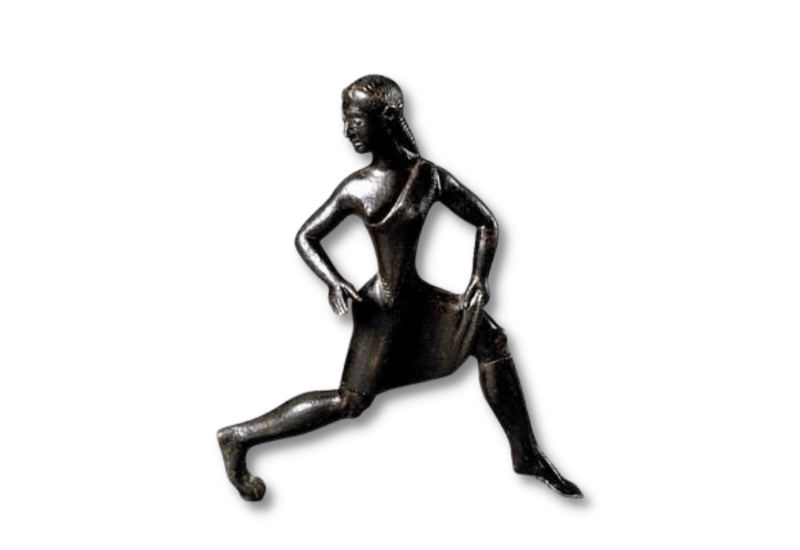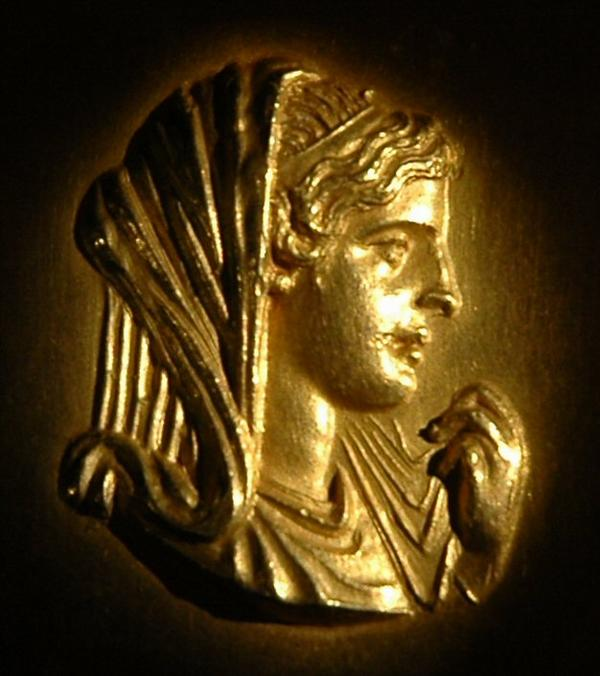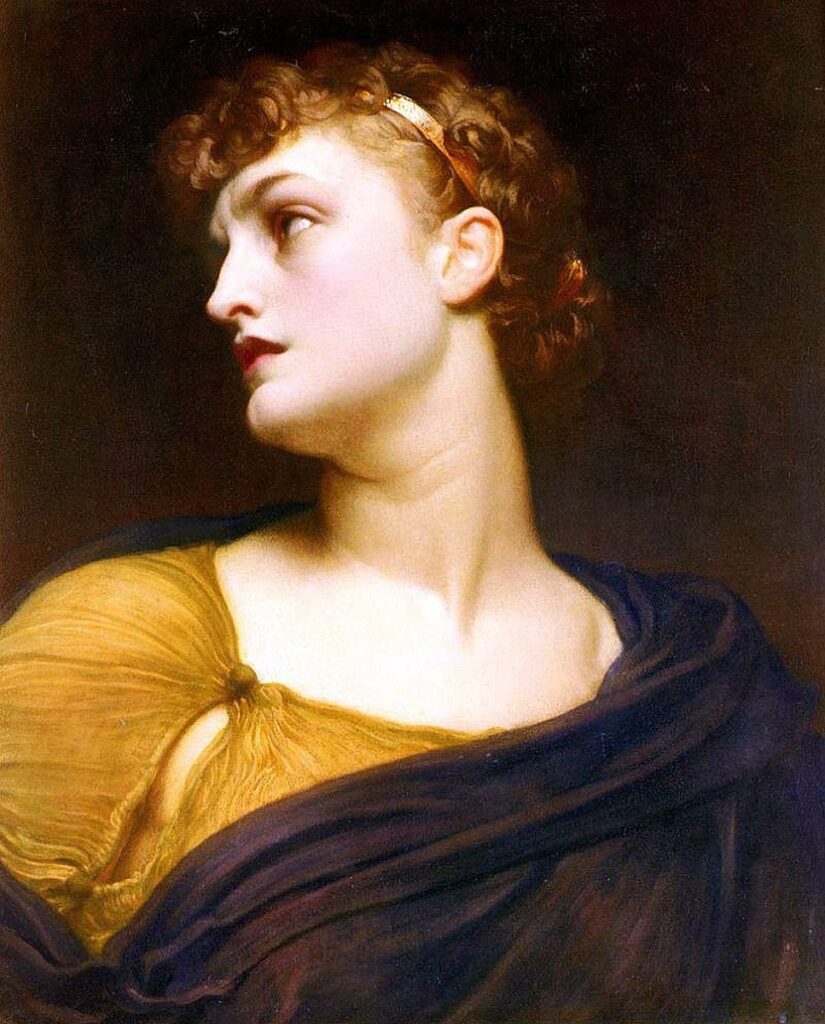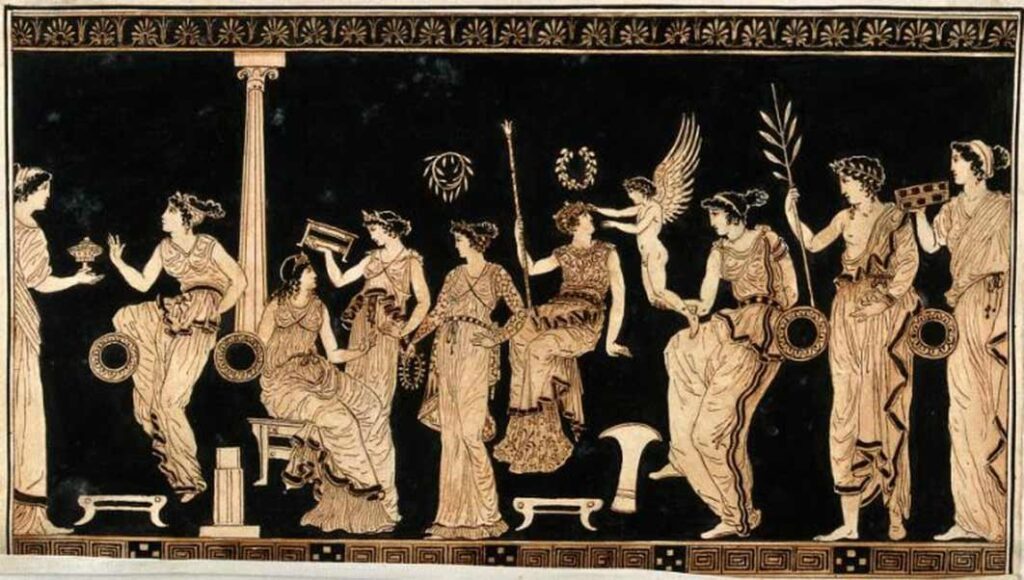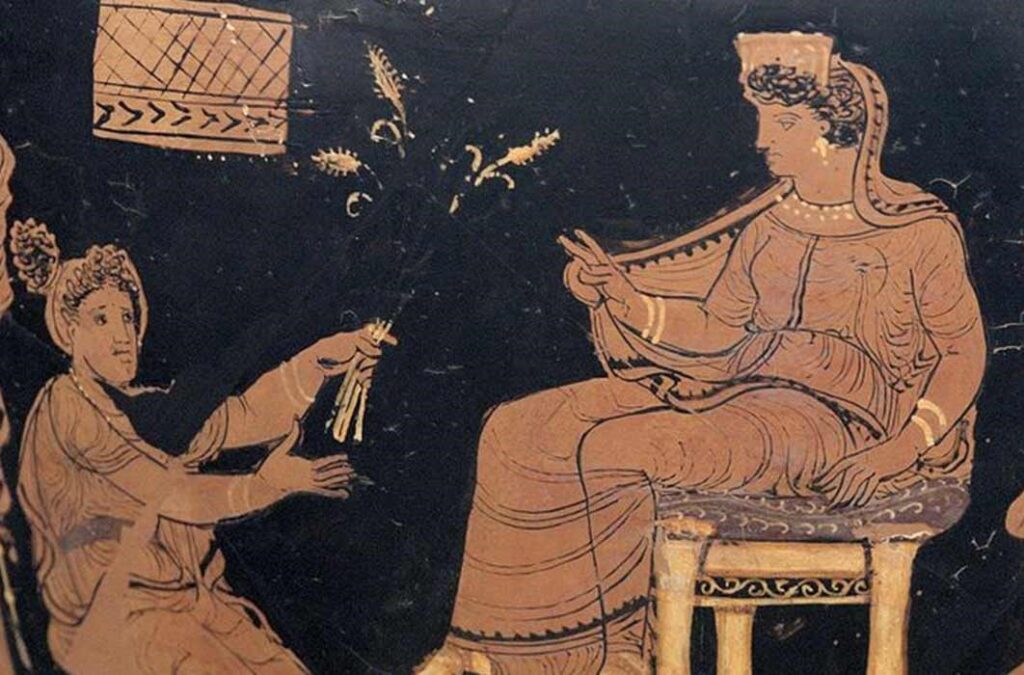The Hymn to Demeter Or The Thesmophoria – Which Came First?
Evoking early agrarian rituals which celebrated the primal mysteries of birth, death, and resurrection, the Homeric Hymn to Demeter has the distinction of being amongst […]
The Hymn to Demeter Or The Thesmophoria – Which Came First? Read More »



